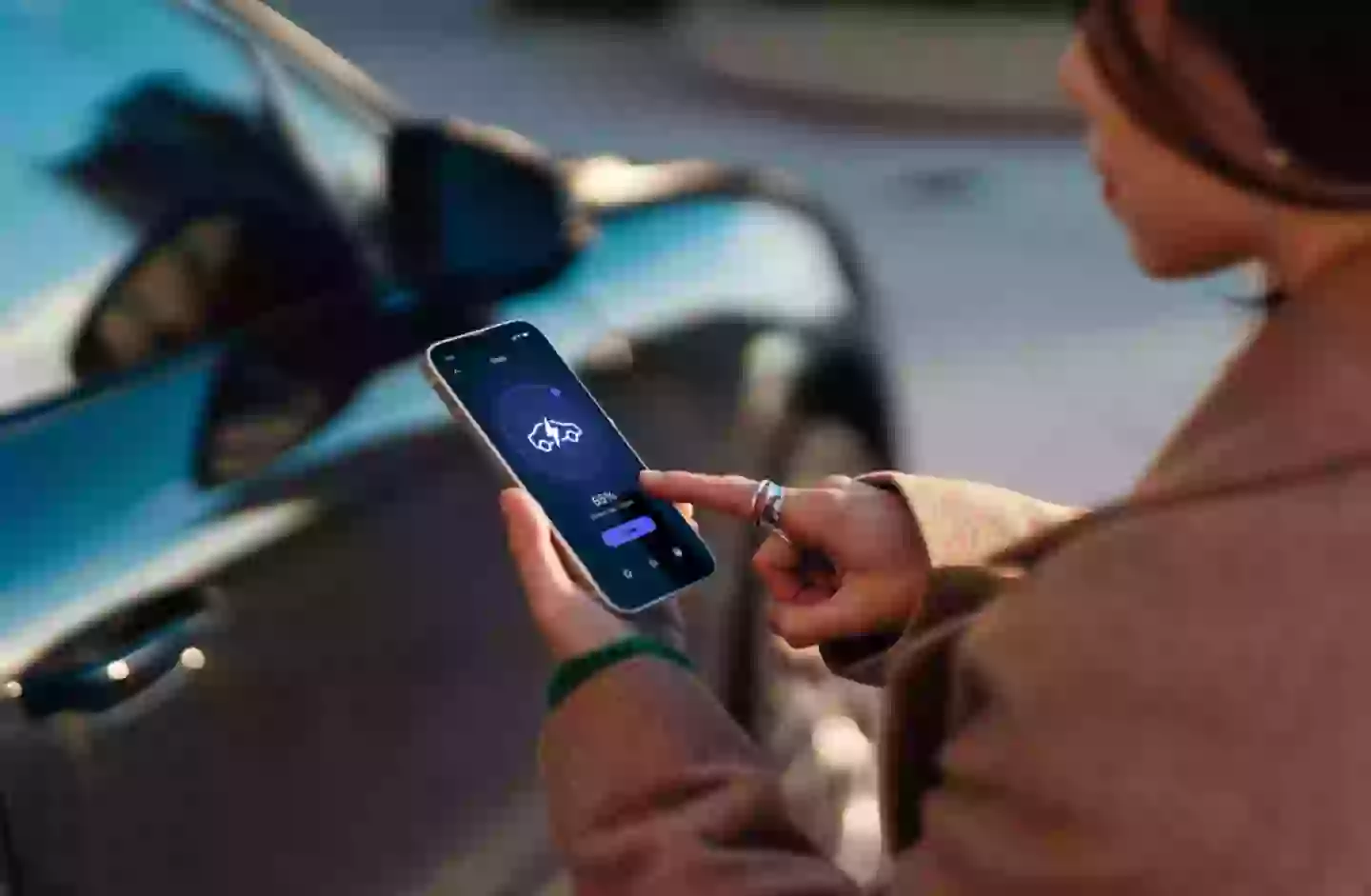A recent study has highlighted the rate at which electric vehicle batteries can degrade over a period of seven years.
In early 2025, Tesla, led by Elon Musk, experienced a dip in sales for the first time in more than ten years. Some have suggested this may be linked to Musk’s association with far-right politics and support for former President Donald Trump.
It’s not just Tesla vehicles under scrutiny; buyers of other electric cars are also expressing concerns about battery longevity. Many have drawn parallels to the rapid decline in smartphone battery life experienced over time.
Which? conducted a survey in response to what they identified as a ‘common worry among potential electric car buyers’ regarding the degradation of battery life over time.
The survey interviewed 3,595 electric vehicle owners who purchased their cars in the last seven years. They were asked how much their battery capacity had diminished since the initial purchase, according to an exclusive report by Mail Online.
Those who bought electric cars around seven years ago, circa 2017 or 2018, reported their battery capacity had reduced to approximately 93 percent from the original 100 percent.
“So, if your car’s range when new was 180 miles (around the average for all EVS we’ve tested), you could expect this to drop to 167 miles,” Which? explained.
Electric vehicle owners who bought their cars around 2019 or 2020, about four to five years ago, noted their battery capacity had decreased to 96 percent. Meanwhile, those who purchased their vehicles from 2021 onward reported their batteries retained around 97 percent capacity.
Which? observed: “The average annual mileage for all EV respondents in our survey was 6,001 miles, so if you drive fewer miles than that in a year, you may see better figures.”
What factors influence the lifespan of your battery?

Which? outlined that the frequency of charging impacts battery health, along with environmental conditions and charger capacity.
The study highlighted that in cold weather, some cars may lose ‘as much as 40 of their range’, and charging can be slower in lower temperatures.
When should you start being concerned about the reduction in your battery’s lifespan?

According to Which?, if your battery capacity drops by around 30 percent, it could significantly affect your travel plans.
“A 30 percent drop in range is a significant chunk which could affect your ability to make some journeys free of interruptions for charging stops,” the publication noted.
The survey concluded: “Like all batteries, the cells that power an EV will degrade over time. However, our data shows that while battery degradation in EVs is an issue, it’s not as bad as you might think in the first few years of ownership.”

